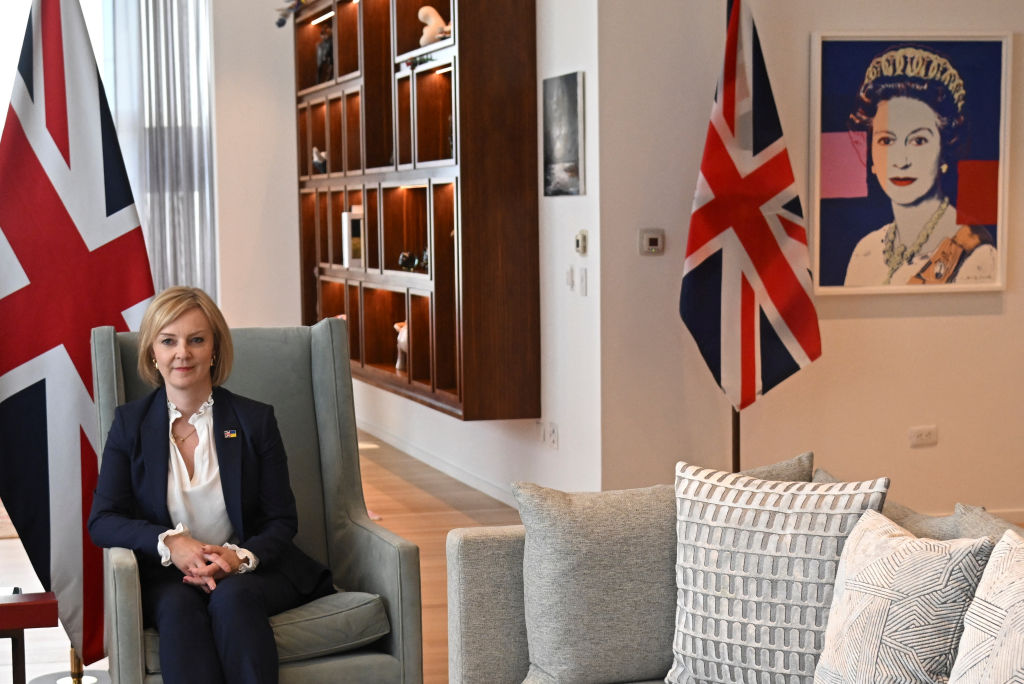Thursday, September 22, 2022 6:30 a.m.
In Liz Truss, we now have our third female Prime Minister and our second in a decade – a laudable achievement. It is a sign of progress and of a political culture that has allowed talented women to lead major parties and hold almost all high positions in the state.
But it’s important not to confuse a female body with a feminist mind. Although known as our first female Prime Minister, Margaret Thatcher has a complicated feminist heritage. Thatcher’s contribution to feminism remains mostly symbolic: she normalized female success by proving that a woman could be prime minister.
As a leader, she promised “if you want something done, ask a woman”, and yet Thatcher did not consider it part of her agenda to boost women’s representation or participation. Indeed, her cabinets were almost entirely male and she did little to help other women into politics – she rose through the ranks and then retired. Theresa May, on the other hand, continued to work to increase female representation even after leaving No10.
But that shouldn’t be the full extent of our leaders’ feminism. While women’s representation in politics matters, it’s also about what they do with that power.
Indifference to feminism on the part of women leaders, while not necessarily hostile, often results in a deliberate de-prioritization of issues that are unique to women or affect them disproportionately. Feminism in politics is not just about women being in politics, but about recognizing the differential impacts of politics on women.
Indeed, it is a curious phenomenon that the same party, proud of its three female Prime Ministers, has created a Secretary of State for Women and Equality – but as a secondary ministerial role. The post is now held by a man, Nadhim Zahawi, with the word “women” removed from the title.
Liz Truss herself held the post from 2019, in addition to her other cabinet posts. As a result, she’s often been accused of treating him like her “side hustle” and not taking him particularly seriously. Evidenced by her mysterious failure to attend committee hearings – booked months in advance – because she had prioritized other work. At other times, he often became the mouthpiece of somewhat irrelevant culture war debates.
And so this ambivalence toward feminism has important political implications, implications that are all the more painful in a time of crisis in the cost of living. Women in particular come to this crisis far less financially resilient – they earn less and save less because they have less time to participate in the paid labor market. Although the gender pay gap has attracted attention in recent years, its causes remain unaddressed and its impact incredibly tangible.
Among the economically inactive population who want a job, 33.2% of women report taking care of their family or home, compared to 9.1% for men. Full-time child care for children two years of age or younger absorbs nearly half of the median income of women working full-time and two-thirds of those working part-time.
Meanwhile, the monthly rent costs 52% of the average salary for women and only 36% for men. According to the Women’s Budget Group, it would therefore be almost impossible for a single mother to pay private rent and childcare.
And those are just the financial aspects: right now, even the basics like food and security are worse for women. Food insecurity is particularly severe for single mothers, who make up 85% of the single-parent population. The Food Standards Agency found that 49% of single parents said they reduced meal sizes or skipped meals because they didn’t have enough food.
In terms of safety, 73% of participants in the June 2022 Women’s Aid survey said the rising cost of living meant that it was harder for victims of domestic violence to leave, or that they couldn’t do it at all.
Friday’s tax event will be the first test of Liz Truss’ priorities in government. Conscious solutions to this imbalance should, we hope, emerge.
But maybe we shouldn’t hold our breath. It is difficult to reconcile many of the needed reforms with Truss’ historic indifference to feminism, a deep-seated goal to shrink the size of the state, and a welfare state based on tax cuts. Ultimately, there must be a renewed and refined focus on the cause of women’s vulnerability, not its symptoms, for this crisis and for future ones.
For many people, being a female leader shouldn’t be about feminism, but about leadership. But it can – and arguably should – be about both. Like many other values, equality requires constant and concerted effort and it is something that should be defended repeatedly.

